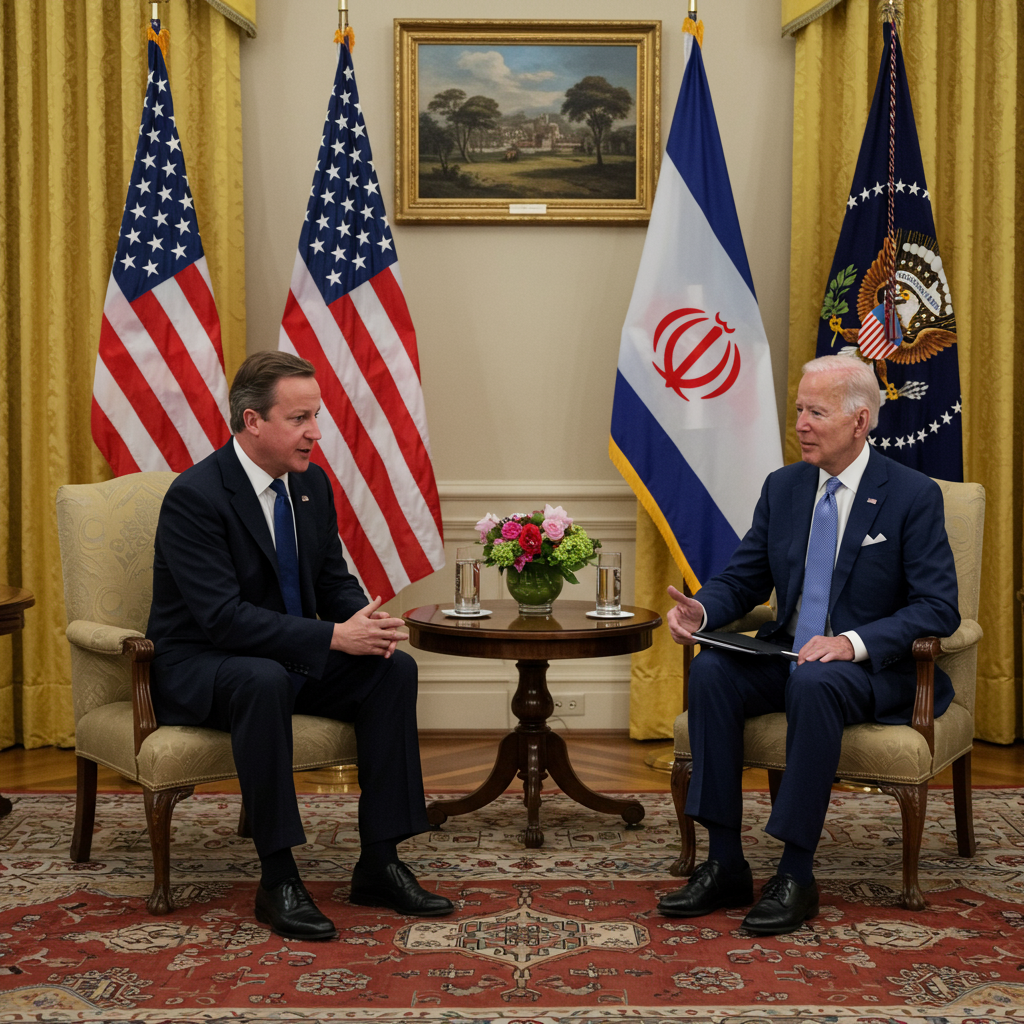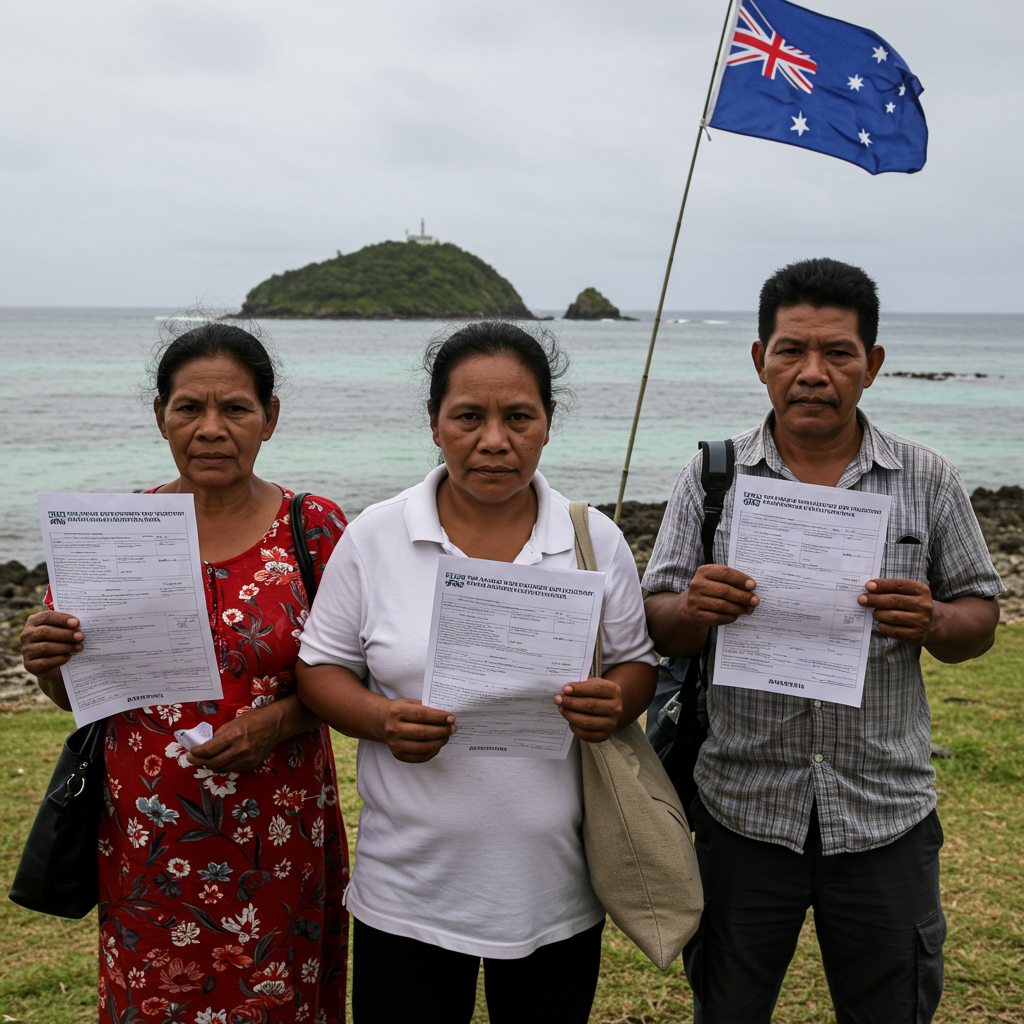Recent, unprecedented US military strikes on Iran’s nuclear facilities have dramatically escalated tensions in the Middle East, putting the UK in a delicate position. While Britain’s stance on Iran’s nuclear program is clear – they must never acquire nuclear weapons – the core question now facing London is whether Washington will heed its calls for diplomacy in the aftermath of this significant military action.
The strikes, described by US President Donald Trump as having “obliterated” key sites, marked a critical turning point, crossing a “red line” by engaging directly with Iranian territory after decades of careful avoidance. Targeting facilities like Natanz, Isfahan, and the heavily fortified Fordow site deep underground, the operation involved a large contingent of US aircraft, including B-2 stealth bombers deploying specialized “bunker buster” munitions designed for hardened targets. While the US claimed “extremely severe damage,” Iran has disputed the extent of the impact, suggesting sites were evacuated beforehand.
Britain’s Balancing Act
The UK government was informed by Washington before the strikes occurred, but crucially, it was made known that Britain did not participate and was not asked to authorize its involvement, for instance, by allowing US warplanes to use bases like Diego Garcia in the Indian Ocean.
This lack of a direct request from President Trump spared the UK Prime Minister, Keir Starmer, from a potentially difficult decision. Britain had been publicly and privately pressing for “de-escalation” and questions regarding the legality of involvement were reportedly being raised within government circles. Saying “yes” to a US request for military assistance would have been challenging given this stance, but saying “no” would also have been difficult after months of efforts to maintain a good relationship with the Trump administration. By acting unilaterally, the US temporarily averted this “massive, binary decision” for the UK.
The UK’s position can be summarized as willing the ends America pursues (a non-nuclear Iran) but conspicuously not endorsing the means (military strikes). Preventing Iran from obtaining nuclear weapons is viewed not merely as an abstract goal, but a necessity in Britain’s direct national interest, particularly given reports from the head of MI5 detailing recent Iran-backed plots posing potentially lethal threats within the UK. In response to the rising tensions, the UK has confirmed it is moving military assets to the region and its personnel there are on the highest level of alert.
Intense Diplomatic Efforts Amidst US Dismissal
Despite the US military action, the UK is doubling down on its diplomatic push. Foreign Secretary David Lammy has been in extensive contact with key players, speaking with his counterparts in Iran, the US (Secretary of State Marco Rubio), Israel, Egypt, and Cyprus. Before the strikes, Lammy had joined France, Germany, and the European Union in meeting with Iran’s Foreign Minister in Geneva, efforts that President Trump publicly dismissed just a day or so before the attacks began.
Following the strikes, Prime Minister Starmer spoke with President Trump, stressing the “critical need” for Iran to return to negotiations swiftly to achieve a lasting settlement on its nuclear program. Starmer also held calls with French President Emmanuel Macron and German leader Friedrich Merz, issuing a joint statement urging Iran “not to take any further action that could destabilise the region” and committing to “joint diplomatic efforts to defuse tensions.” The UK is actively encouraging Iran to talk directly to the US, although Tehran has stated it will not engage with Washington while it is being targeted.
Iran’s Dilemma and Risky Response Options
The situation presents Iran’s Supreme Leader, Ayatollah Ali Khamenei, with a severe dilemma. Responding too weakly risks undermining Iran’s image as a regional power, already challenged by intense Israeli strikes. However, responding too strongly could provoke overwhelming US retaliation potentially threatening the survival of the Islamic Republic itself.
While Iran has launched missile barrages targeting Israeli cities following the US strikes, causing injuries, potential future responses carry even greater risks. These include direct attacks on US bases or troops in the region or, critically, attempting to close the Strait of Hormuz. The Strait is a vital waterway through which roughly 20% of the world’s oil passes. Any closure would cause global oil prices to skyrocket and severely impact the world economy. The US has gone so far as to appeal to China, the largest buyer of Iranian oil, to use its influence to prevent Iran from taking this potentially “economic suicide” step.
The Core Question Lingers
Before the strikes, the US chose not to listen to the diplomatic arguments put forward by London, Paris, Berlin, and other partners. The central, uncertain question now is whether, following its decisive military action, the United States will change course and lend a serious ear to the renewed calls for a diplomatic resolution from its allies.
As a minister, likely the Foreign Secretary, prepares to face questions on the matter in the Commons, and with the Prime Minister, President Trump, and other Western leaders set to discuss the crisis at the upcoming NATO summit, the precarious balance in the Middle East hangs on whether diplomacy can find a path forward where military action has raised the stakes to unprecedented levels. Paradoxically, some experts suggest that strikes intended to prevent Iran from getting nuclear weapons may, in fact, increase the likelihood of Tehran pursuing them for deterrence. The coming days will be crucial in determining whether diplomatic bridges can be rebuilt or if the cycle of escalation will continue.



